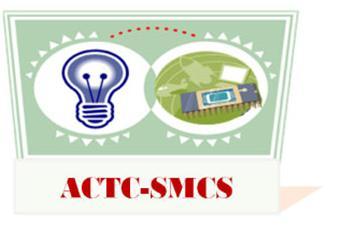
Our Goal
The goal of awareness computing (AC) is to build systems that are aware. Awareness does not necessarily imply full understanding (or total comprehension). Awareness is the state or ability to perceive, to feel, or to be conscious (Wikipedia). It implies vigilance in observing or alertness in drawing inferences from what one experiences (Merriam-Webster). Compared with computational intelligence (CI) or artificial intelligence (AI), the goal of AC is less ambitious. AC is very important for solving many practical problems and in fact is the most fundamental ability for any living being to survive. Without being aware, a system may never become intelligent. Moreover, awareness can make computation towards the goal of CI or AI more efficient by shedding of irrelevant possibilities. AC would lead an efficient way for realizing word-based computing.
The goal of this TC is to study AC formally, and establish AC as a new research field with a unique theoretical foundation to encompass a large set of problems, rather than considering different applications separately and independently in an ad-hoc manner. By studying all kinds of AC related problems in a unified framework, we can gain insight about aware systems and the mechanism of awareness existing in different living beings. To reach this goal, we provide a platform for researchers, engineers, and scientists to discuss and exchange ideas, opinions, and the latest results to consolidate this emerging new field. We will organize special sessions in SMC annual conferences, and continue to organize the International Conference on Awareness Science and Technology (iCAST) under the support of the IEEE SMC Society.
Join Us
In the past few years, many papers have been published in context-aware, location-aware, and power-aware computing, and the number of papers has been increasing steadily. Besides context, location, and power, there are many other important Awareness Computing (AC) applications that need serious investigation. For example, a computing system should be aware of the intention of the users to provide real customized services; the system should be aware of the risks or dangers, and provide warning to the user(s) when necessary; the system should be aware of the chances or opportunities for the human user to get more profit; and so on.
Join us to work together and promote this emerging field. The Awareness Computing TC aims to organize conferences related to AC. We strive to create different awareness systems that may not be as intelligent as the human being, but can make our lives more comfortable, more exciting, and happier. Interested researchers are encouraged to visit the Awareness Computing TC website for more details.





